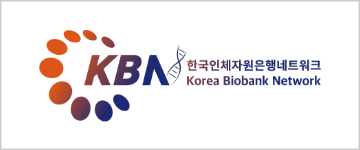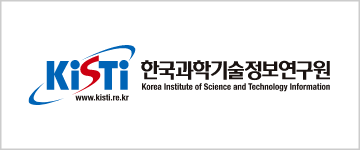2025 Fall
International Convention of PSK
2025 CONVENTION
Abstracts
Bispecific nanobody–affibody drug conjugate for dual targeting of PD-L1 and HER2
- SangJeon Chung*1, JeeHee Lee1, Ryeonggi Lee1
- 1College of Pharmacy, Sungkyunkwan University
In this study, we developed a bispecific Nanobody–Affibody drug conjugate (bsADC) that simultaneously targets PD-L1 and HER2. Conventional monoclonal antibody (mAb)-based therapeutics and antibody–drug conjugates (ADCs) often face challenges such as antigen heterogeneity, limited tumor penetration, immunogenicity, and therapeutic resistance. To overcome these limitations, a PD-L1–specific nanobody and a HER2–specific affibody were assembled via the SpyCatcher–SpyTag system, with the cytotoxic payload monomethyl auristatin E (MMAE) conjugated to the SpyTag. The resulting bsADC not only binds to HER2-positive tumor cells but also blocks PD-L1–mediated T cell suppression, thereby enhancing antitumor immunity. In vitro assays demonstrated that bsADC promoted tumor cell killing through enhanced antibody-dependent cellular cytotoxicity (ADCC) and T cell reactivation, exhibiting superior cytotoxicity compared with single-target ADCs. Internalization analysis confirmed efficient cellular uptake of bsADC. Furthermore, incorporation of an FcRn-binding protein prolonged the serum half-life of the conjugate. In vivo studies in mouse tumor models validated the antitumor efficacy of bsADC. Collectively, these findings suggest that bispecific bsADC represents a promising next-generation precision immunotherapy capable of overcoming the limitations of single-target approaches.
Q&A
- There are no registered questions









































